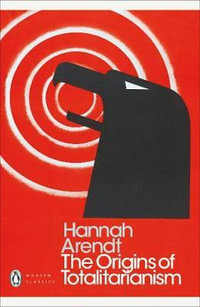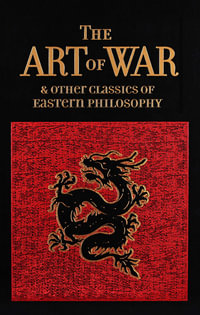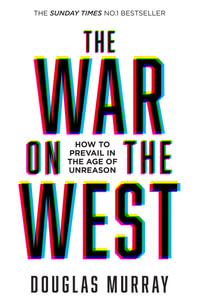Siddharth Kara's Sex Trafficking has become a critical resource for its revelations into an unconscionable business, and its detailed analysis of the trade's immense economic benefits and human cost. This volume is Kara's second, explosive study of slavery, this time focusing on the deeply entrenched and wholly unjust system of bonded labor.
Drawing on eleven years of research in India, Nepal, Bangladesh, and Pakistan, Kara delves into an ancient and ever-evolving mode of slavery that ensnares roughly six out of every ten slaves in the world and generates profits that exceeded $17.6 billion in 2011. In addition to providing a thorough economic, historical, and legal overview of bonded labor, Kara travels to the far reaches of South Asia, from cyclone-wracked southwestern Bangladesh to the Thar desert on the India-Pakistan border, to uncover the brutish realities of such industries as hand-woven-carpet making, tea and rice farming, construction, brick manufacture, and frozen-shrimp production. He describes the violent enslavement of millions of impoverished men, women, and children who toil in the production of numerous products at minimal cost to the global market. He also follows supply chains directly to Western consumers, vividly connecting regional bonded labor practices to the appetites of the world. Kara's pioneering analysis encompasses human trafficking, child labor, and global security, and he concludes with specific initiatives to eliminate the system of bonded labor from South Asia once and for all.
Industry Reviews
Kara's exploration is perhaps the most ambitious and reasoned treatment of this form of slavery in the modern era. By combining academic rigor and discipline alongside the narratives and voices of slaves, Kara offers a definitive analysis of the complexity of bonded labor as well as a reinvigoration of the movement to end this form of slavery globally. A must-read for all who want to better understand the trajectory of the global economy and its effect on labor. -- Randy Newcomb, president/CEO, Humanity United Kara's eye-opening view of bonded labor jolts the reader into acute awareness of one of the most insidious forms of modern-day slavery, inciting us to act to end this crime against humanity. -- Anne Archer, founder, Artists for Human Rights This book is a tool for a slave-free future. Incisive, relevant, and composite, it offers the latest data on bonded labor in South Asia, argues brilliantly that choice is irrelevant to bondage, and has new 'how-to' guides for activism. -- Ruchira Gupta, president/founder, Apne Aap Women Worldwide A beautifully lucid, compelling mixture of history, investigative journalism, personal testimony, and trenchant socioeconomic criticism. -- Jacqueline Bhabha, Harvard University An eloquent description of human misery and courage. The unique contribution of Kara's book is his in-depth economic analysis of industries where high profits are made on the expense of millions of poor and vulnerable people. -- Beate Andrees, International Labour Office Bonded Labor blends an historical account of the origins of slavery with meticulous research and first-hand testimonies from victims. The book enables the reader to fully grasp the extent of the problem and should move us all to act. -- Nina Smith, executive director, GoodWeave U.S.A. Beyond sobering, disturbing, yet so well and humanly written. The solutions proposed are the clearest in relegating this modern-day slavery, finally, to history. -- Erica Stone, president, American Himalayan Foundation Passionate...yet data-driven and absent of sensationalism, Kara's spotlight on debt bondage, "at once the most ancient and most contemporary face of human servitude," warrants profound attention. Publishers Weekly This book is a valuable resource for policy makers, human-rights activists, legal experts and academics, as well as for businesses with supply chains in developing countries. It deserves attention, and should inspire the eradication of the insidious crime of enslavement. -- Kathleen Hwang Asia Literary Review Researchers, academics, teachers, students, activists, community workers...would all benfit from reading Bonded Labor. -- Angie Redecopp Journal of Human Trafficking
























